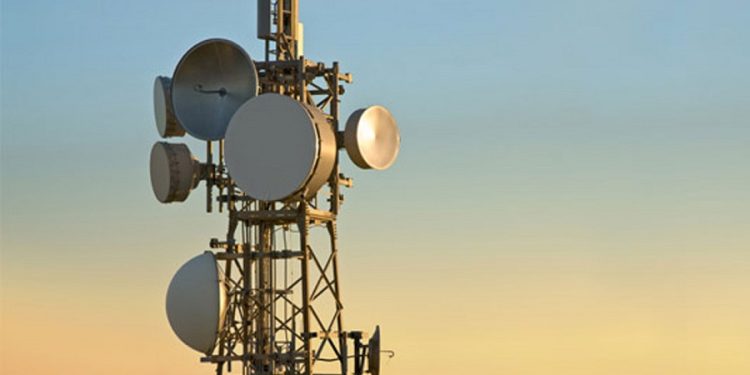Telecom Operators to Pump $1 Billion Into Nigeria’s Networks
The Nigerian Communications Commission (NCC) has announced that telecom operators in the country will invest more than $1 billion in expanding and upgrading their networks before the end of 2025. The Commission said this investment is a direct result of recent regulatory reforms and tariff adjustments that have made the telecom industry more attractive to investors.
The NCC explained that the money will go into building more towers, expanding broadband internet, upgrading existing infrastructure, and extending services to rural communities where access is still poor. According to the regulator, these changes will mean faster internet, better call quality, and wider access for millions of Nigerians who depend on mobile phones for their daily activities.
In the past few years, telecom companies have struggled with high operating costs, unstable power supply, and difficulties accessing foreign exchange for equipment purchases. These challenges made it difficult for operators to expand their networks at the speed Nigeria’s fast-growing population demands. To address this, the NCC introduced new reforms, including tariff adjustments, better spectrum allocation, and an improved licensing system. These reforms have now given operators the confidence to bring in fresh investments.
“Telecommunications is the backbone of Nigeria’s digital economy. We want to ensure that operators remain strong enough to invest in infrastructure while customers continue to enjoy quality and affordable services,” the Commission said in a statement.
For everyday Nigerians, this means better experiences when using their mobile phones and the internet. With more investment, operators will be able to expand network coverage to underserved areas, especially rural communities where many still struggle with weak signals. They will also be able to improve internet speed for businesses, students, and individuals who rely heavily on data for work, education, and entertainment. Nigerians can also expect fewer dropped calls and poor connections, which remain common complaints among mobile phone users, while digital services such as mobile banking, online shopping, and government platforms will receive stronger support.
Analysts believe these improvements will also boost the economy. Small businesses, online traders, and tech startups all depend on strong internet access to survive. More reliable services will mean more opportunities for young Nigerians to create businesses and jobs online. The telecom sector is already a key driver of Nigeria’s economy. According to recent government data, the industry contributes over 16 percent of the country’s Gross Domestic Product. With the new round of investment, this contribution is expected to grow even further.








